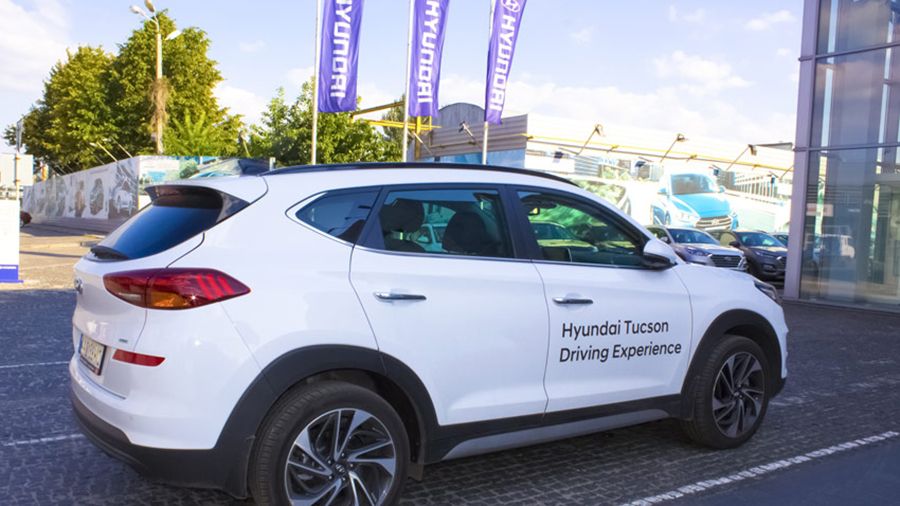Auto parts manufacturer Hyundai MOBIS, a subsidiary of Hyundai, has launched a new artificial intelligence and blockchain-based MAPS parts authentication system.
The MAPS platform will be used to distribute parts for Hyundai and Kia vehicles. Up to 100,000 people, including 16,000 dealers in more than 200 countries, will have access to the system throughout the supply chain. The system supports three million different parts for 300 car models.
Blockchain is used to verify the originality of auto parts. The company is concerned that counterfeit parts are being used in some countries, which could lead to vehicle safety issues. Thanks to the blockchain, the car owner can scan the QR code on the packaging of the auto part and verify the authenticity of the part.
Another common problem is that repair companies charge full price for original parts, but use analogs instead. In this case, the parts do not provoke security problems, but the buyer does not receive what they paid for.
In addition to verifying the authenticity of parts, Hyundai envisions increased use of blockchain in the future throughout the entire vehicle service lifecycle. Insurers often pay for original parts, but are faced with the use of analogs. In the future, the original parts used will be linked to the vehicle’s maintenance records.
When scanning the license plate in the repair shop, information about all the parts will be displayed. The repair firm will record the maintenance information in the vehicle history. The blockchain will allow this data to be transferred to the dealer, repair shop, insurer, manufacturer and owner. MAPS also uses machine learning to predict any delivery delays.
Recall that at the end of 2019, Hdac Technology, the blockchain division of the Hyundai Motor Group, announced that it plans to create a $ 10 million investment fund to fund the blockchain. In the same year, blockchain infrastructure provider Blocko and a subsidiary of automotive giant Hyundai planned to develop a used car history tracking system.







